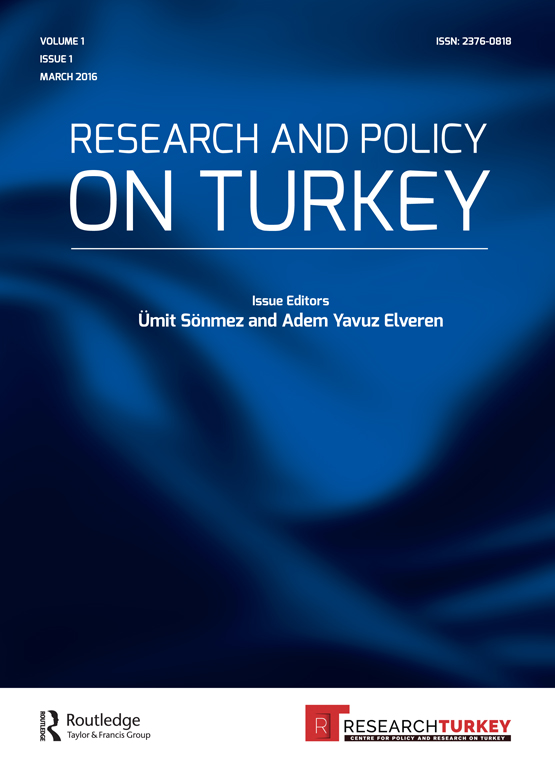Abstract
Turkey aspires to become the new energy hub in the region, despite the fact that it is an energy debtor nation and consumes more energy than it produces. The key to becoming an energy hub lies within the transit of other nations’ energy resources, most notable in this case Azerbaijan. However, this task is seemingly more complicated than one may perceive, because of the destabilization of the South Caucasus region by larger neighbouring nations, such as Russia and to some, but a lesser extent Iran. Exerting a sphere of influence is in the post-Soviet backyard of Russia is still a major policy of modern day Russia. To a further extent, the Cold War psychology is still evident between Russia and its former neighbours from the days of the Soviet Union borders, in this case Iran and Turkey. As Turkey is more influential and has the ability to supply energy to Europe, this makes Turkey more of an energy asset threat to Russia than Iran, because it threatens Russia’s dominance in the energy market; specifically natural gas exports to Europe.
In the pipeline game, Georgia is becoming ever more important to the supply side as it is key in the transit of gas and oil, which then passes through Turkey and on to other destinations. Turkey is the energy hub in this context because it is delivering the oil and gas to places further a broad while Georgia is merely supplying it Turkey—a middle man so to speak—but one of the most important factors in this relationship is security. The security of energy assets in Georgia is far superior to that of Turkey, because Georgia has its own dedicated task force, the SPPD (Strategic Pipeline Protection Department). Turkey’s pipelines suffer many terrorist attacks and illegal tapping—taping into a pipeline to steal the oil—costing millions of USD. This angers those on the supply side, who are losing money due to Turkey’s lack of a dedicated security force. The SPPD ensures the safety of the pipelines and the valuable cargo transported therein. Furthermore, this is an added layer of security against any attacks or attempts to steal from the pipelines stemming from Georgia’s volatile northern border with Russia and its perceived permeability.
To solve the problem of the security situation, cross-border security cooperation between the three countries (Azerbaijan, Georgia and Turkey) is suggested and modeled after Georgia’s SPPD. Furthermore, an active and engaged Turkey in the South Caucasus is beneficial for the region as it offers an alternative to Russia and a doorway to Europe with the possibility of the European Union’s integration and modernization in the South Caucasus further in the future.




Good one. Turkey should increase its role in the region, and the main driver is energy!